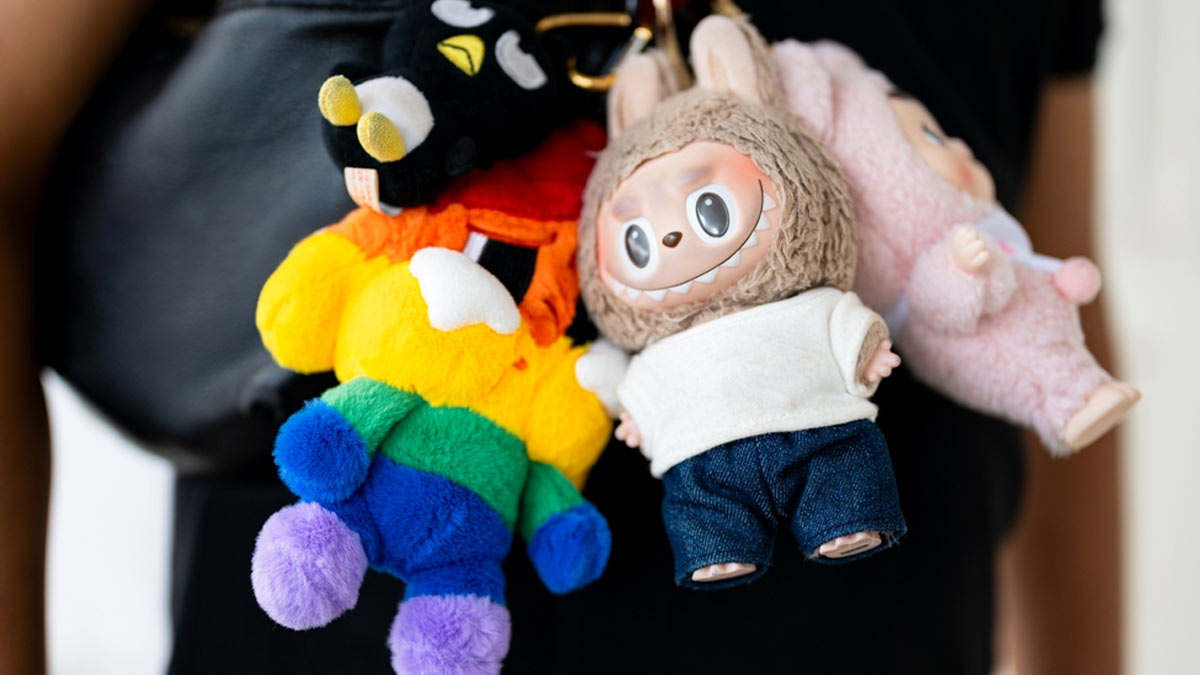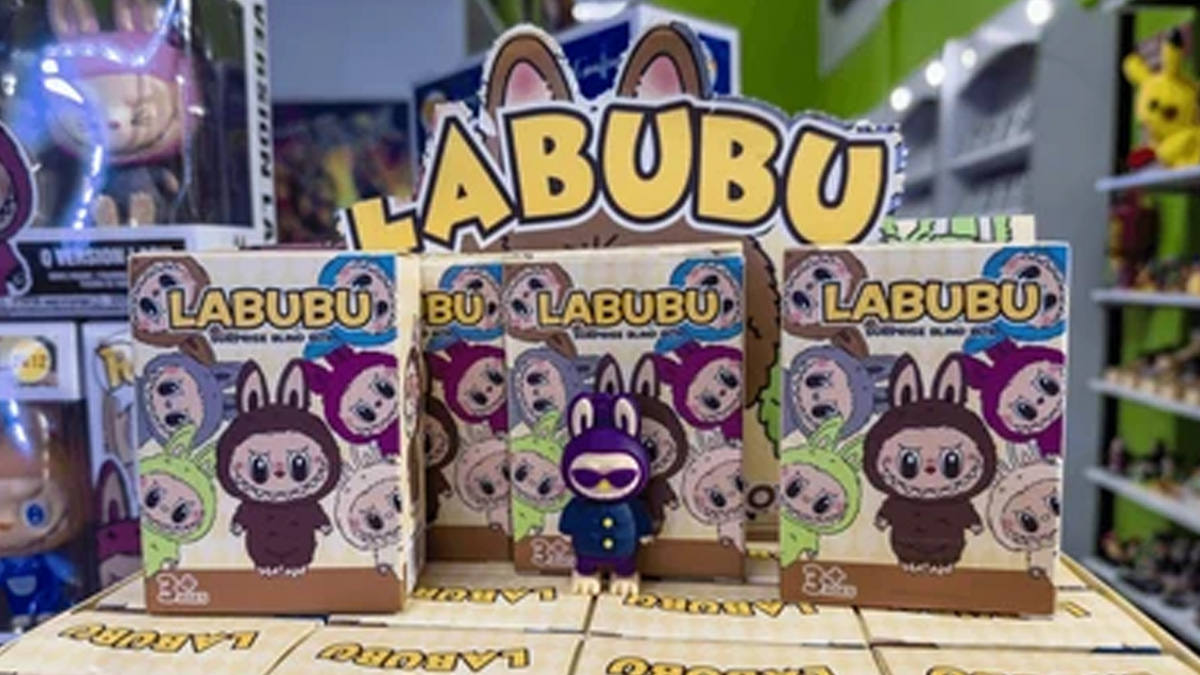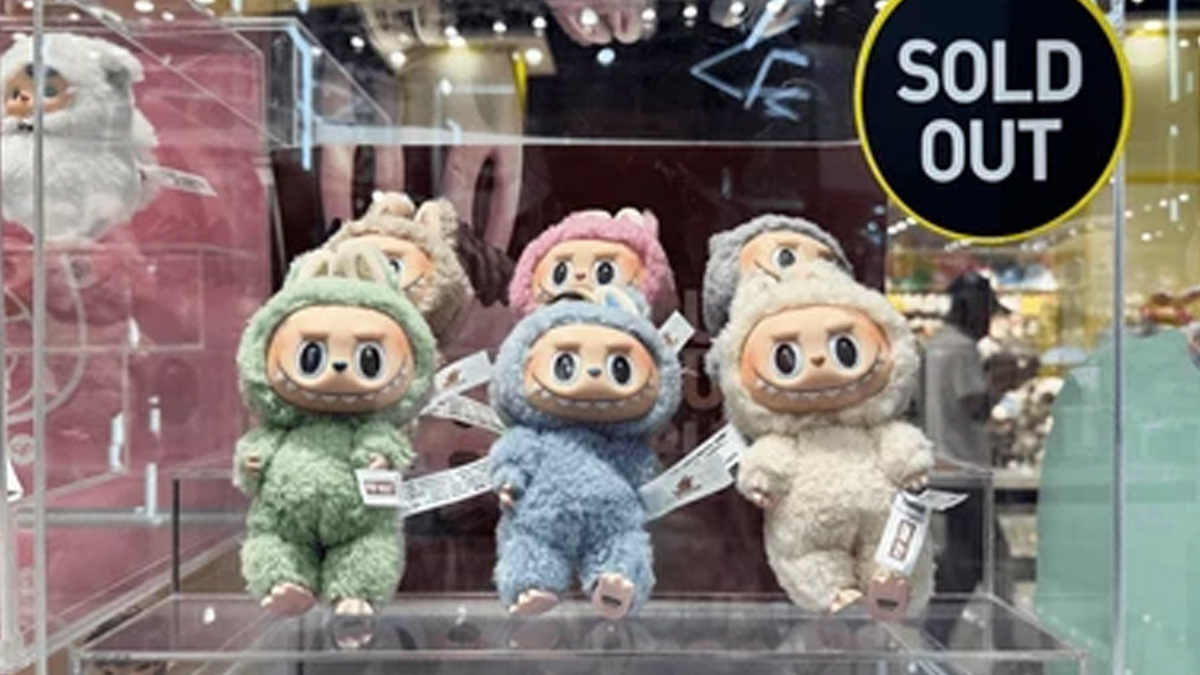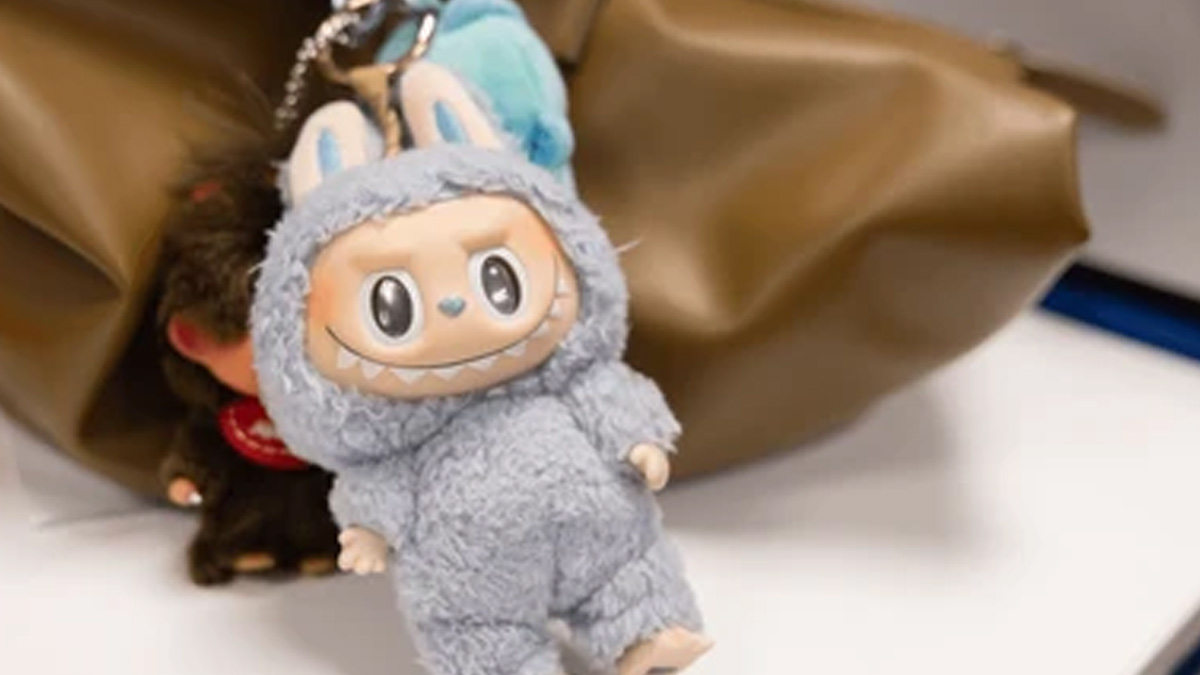
If you're active online and a social media enthusiast, then chances are that you've stumbled upon the increasing obsession over the collectible plush toy monster-elves called Labubus. Originally created by Hong Kong designer Kasing Lung, Labubu dolls are now exclusively marketed and sold by the China-based retailer Pop Mart. What’s particularly fascinating about them is that it’s not just kids who love them; adults make up a significant portion of their fanbase.
Many psychologists refer to this kind of adult craze for toys as the 'kidult phenomenon'.

In an interaction with the OnlyMyHealth team, , describes the kidult phenomenon as "a blend of 'kid' and 'adult' that celebrates the child within."
Referring to the Labubu doll obsession, Dr Sharma says that these oddly charming, wild-haired creatures have found their way into the hearts (and shelves) of grown-ups around the world. "It's not just a toy; for many, it’s a tiny escape hatch from the chaos of adulting."
In a research article published in the SHS Web of Conferences, a 2023 report by The Toy Association found that adults now account for over 25% of toy sales globally.
Popularised in the West and now thriving across Asia, the kidult trend goes beyond just collecting toys or watching cartoons. It is linked to the psychological and emotional aspirations of adults who seek out the security of childhood as a source of nostalgia, stress release, or an instant escape from modern life pressures.
Psychologists believe that this behaviour is a manifestation of emotional compensation, a means of reclaiming childlike joy and simplicity in an increasingly complicated world. Whether it's the thrill of opening a blind box at Pop Mart or the enchantment of watching animated movies, kidult culture has emerged as a strong driving force behind global consumer behaviours, telling us that growing up does not necessarily mean giving up on childlike magic.
Top Stories

According to Dr Sharma, for the "kidult" generation, characters like Labubu offer a safe escape from adult pressures, a way to reconnect with lost joy, and even a quiet act of rebellion against growing up too seriously.
"It’s not just about looking back, but it’s about holding onto warmth in a world that often feels cold. In a world that is ever on the pursuit of productivity, adults are on the quest for small pleasures as concrete reminders of easier, safer days. Labubu, with its offbeat yet charming design, caters to that desire. It's not so much about collecting; it's about reaching out to a self that was freer, lighter," he explains.

While nostalgia is good and somewhat comforting, some critics of the kidult culture refer to it as an indicator of escapism run amok and refusal of the burdens of adulthood, shares Dr Sharma, adding, “In its most extreme forms, excessive investment in collectibles can cause financial hardship or social isolation, particularly if it takes the place of positive human contact. But like marathoning comfort TV or having dessert, the secret to moderation is key.”
However, the psychiatrist suggests that as long as the pursuit of such toys as Labubu doesn't disrupt one's functionality or capacity to relate to others in a meaningful way, it's not harmless and it's healthy.
At its core, the kidult culture, and specifically the Labubu doll obsession, reminds us that growing up doesn’t necessarily mean letting go of the simple joys of childhood. The need for play, fantasy, and emotional security does not disappear with years; if anything, it becomes more important as life gets busier and more complex. In an era when mental health matters more than ever before, tuning into our inner child is not only nostalgic; it is healing.














